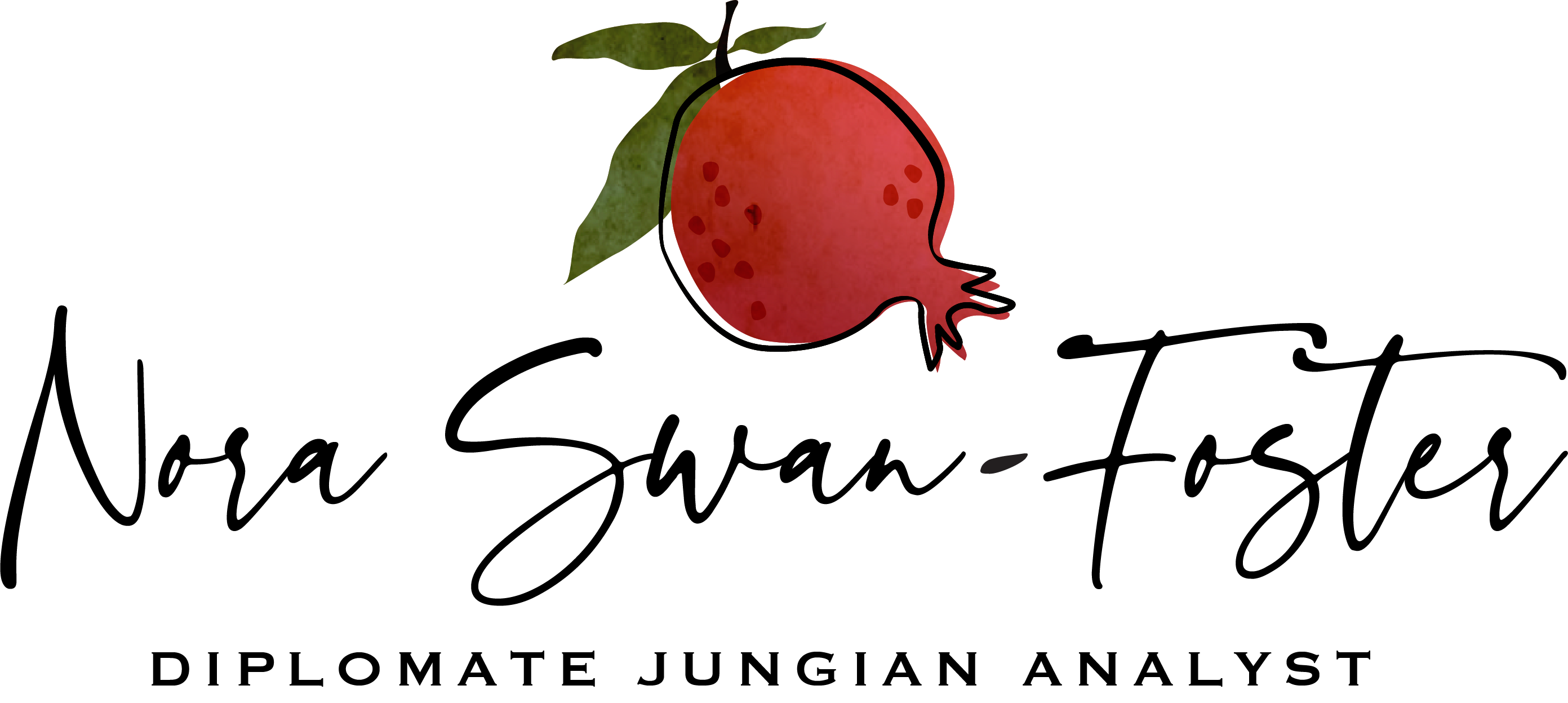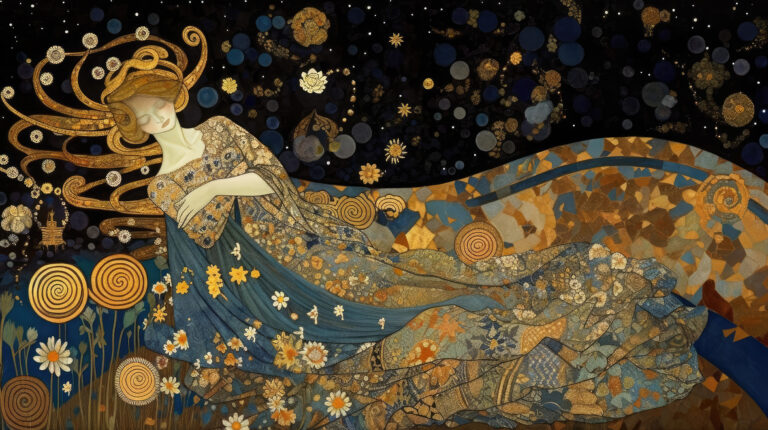Why Psychoanalysis?
"The meeting of two personalities is like the contact of two chemical substances: if there is any reaction, both are transformed."
– C.G. Jung
There are several reasons why you might enter into a Jungian analysis and some of these are considered here. But first it is important to remember that each analysis is unique, reflecting not only the individual but also the emerging relationship between the analyst and the emotional content that emerges. In addition, Jungian analysis is particularly interested in working with and developing a deep and meaningful relationship with psyche and the symbolic world through the manifestations arising from the unconscious. This can be dreams, active imagination and reverie, images made with art materials or sandplay objects or other. To enter into such personal and meaningful work requires finding the right person for you.
One reason you may choose analytic work is that the psychotherapist is well trained and experienced in the field. Jungian psychoanalysts are some of the most highly trained mental health professionals because of their rigorous and extensive hours of education, clinical supervision, and personal hours of analysis. Their professional and personal training extends far beyond the requirements of most mental health professionals. Before psychotherapists can even apply for analytic training, they must first complete their education and fulfill licensure requirements. Prior to acceptance into a training institute, at least 100 hours of personal analysis are required as well as some knowledge of Jungian theory.
Once accepted into an analytic training program analysts-in-training are required to be in Jungian analysis throughout the several years of training, which may take anywhere from four to eight years depending on specific program requirements. While undergoing a rigorous process of personal investigation of ones own psyche through psychoanalysis, analysts-in-training also enter on-going clinical supervision and complete extensive educational course work, all of which has a unique focus on understanding and working with the unconscious material and its influence on how we behave, think, and feel. Jungian analysts-in-training undergo an initial level of oral and written examinations, followed by a final phase of training when one prepares for oral exams, which may include clinical work and a written dissertation.
Only graduates of recognized and accredited psychoanalytic training institutes can ethically present themselves to the public as psychoanalysts or Jungian Analysts.
Contrary to the collective biases, psychoanalysis is not a selfish journey. We may have been touched by a powerful life-changing experience that demands our attention and disregard its value may be impossible. When we become conscious of and integrate the experiences from our life, our personal shadow, we are less likely to disown and project the unwanted onto others or into the collective—it is through the unresolved personal shadow that we become unconsciously pulled into the activities of the collective shadow. We may lose the thread of our own life. With this in mind, our inner work is not just “navel gazing,” but actually has a profound impact on not only our attitude and approach to our life, to those we love, but also can influence the world around us.
Another reason for entering analysis is our natural innate desire for a more meaningful relationship with ourselves and the world. Psychotherapy is a relational experience; it is concerned with deepening our relationship to our inner world and following the threads of the unconscious while in the presence of another. In a psychoanalytic relationship, we are encouraged to grapple with our questions and to confront our suffering so as to transform it and find purpose and meaning.
For the patient/analyst relationship to develop, an analysis occurs at a regular time and space, with continuity that may mean weekly or twice a week. Again, coming more than once a week does not imply that you are “crazy.” Increasing the amount of analysis per week offers “an intensity” in the work that encourages us to dig even deeper into the inner material. Many people find this rewarding. Some find it to be the only time they can carve out for themselves for self-reflection; it may be a time of contemplation. Working with the unconscious eventually becomes a way of life. If we can “clean out our psychological closets” we are more available for the moment and what our future holds and less likely to repeat old ways of living and relating.
Jung’s structure of the psyche
When undergoing a Jungian analysis, Jung’s structure of the psyche offers us a useful way to navigate and understand the movement of energy within each of us. His view that libidinal energy was not limited to sexual energy was a diversion from Freud. Jung’s expansion gave value to the instinctual energy as well as spiritual energy within the psyche and how the tension between the opposites moves one towards meaning and wholeness.
Many of Jung’s analytical terms have become so imbedded in our language that we have nearly forgotten where they come from. In Jungian analysis, typology along with key archetypes, such as the Persona, Shadow, Animus, Anima and the Self are worked with as well as the common complexes we all share, such as the Ego complex, Father complex or Mother complex. Jung’s synthetic method, (working with both the subjective and objective so as to experience the transcendent function,) is integral to working with dreams and any creative process. In addition, complexes carry somatic expressions that awaken us to both personal and archetypal information. Analytical psychology opened the doors to understanding not only the value of the collective unconscious, but also the dynamics within the personal psyche and the nonverbal somatic energies when engaging in the creative and imaginative realms. Today, many of Jung’s ideas are confirmed by contemporary research.
If you’d be interested in further reading to orient yourself in the language and thoughts of Analytical psychology, please see the recommended books in the Resources section of my website. This is a very limited resource, but it should get you started.

